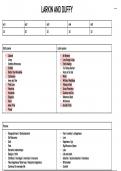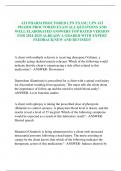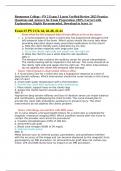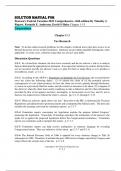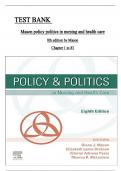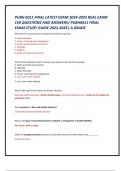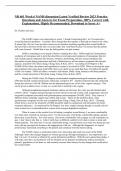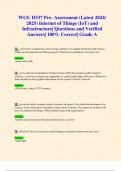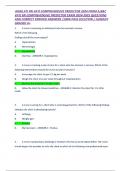Class notes
Eduqas A Level English Literature Component 1: Poetry | Phillip Larkin ' The Whitsun Weddings' and Carol Ann Duffy 'Mean Time' | Revision Bundle, Everything You Need To Know for Comparative Essay
- Course
- Institution
This document consists of all the knowledge needed for in Paper 1 Eduqas English Literature A Level for Phillip Larkin's 'Whitsun Weddings' collection and Carol Ann Duffy's 'Mean Time' collection. It covers all of the AOs required for this essay, including summaries, context, critics, quotes, analy...
[Show more]
